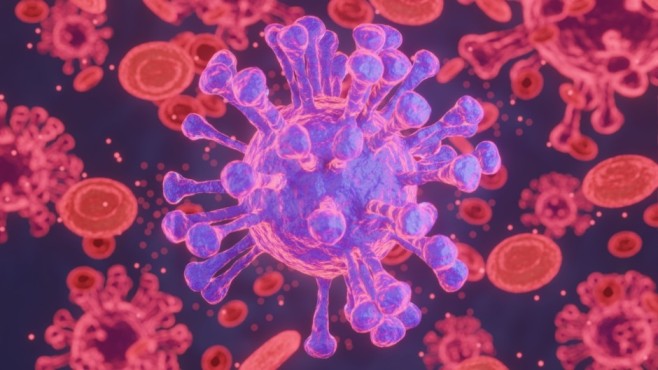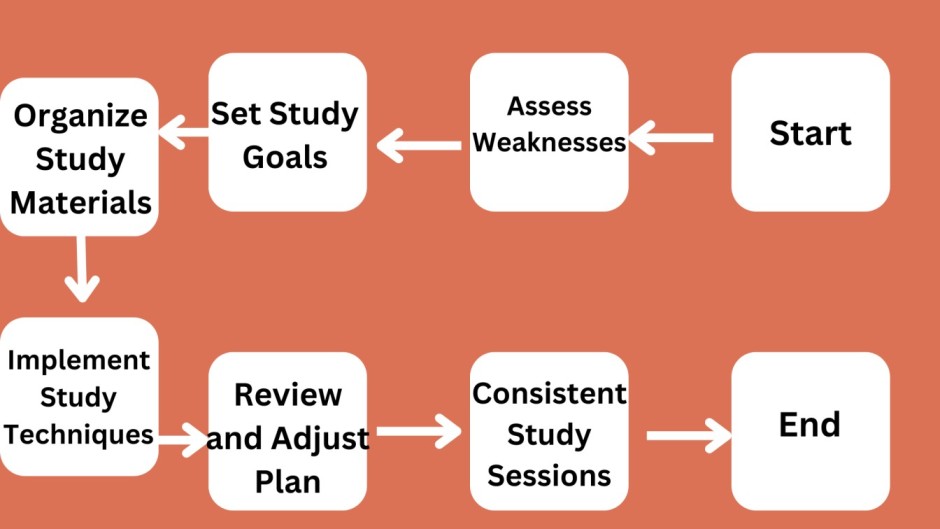Why a Microbiology and Immunology Tutor Can Boost Your Academic Success: 5 Key Benefits
Microbiology and immunology are both intricate fields that require a nuanced understanding of a multitude of complex concepts. These subjects delve into the microscopic world of microorganisms and the intricate workings of the immune system, presenting unique challenges that can sometimes feel overwhelming. Whether you’re grappling with the specifics of microbial processes, the subtleties of immune responses, or the integration of these disciplines, a microbiology and immunology tutor can offer invaluable support to help you navigate these challenging areas of study.
In this article, we’ll explore how a dedicated tutor can significantly enhance your academic journey in microbiology and immunology. From personalized instruction to expert guidance, discover how targeted tutoring can make a profound difference in mastering these essential and often demanding subjects.
1. Personalized Learning with a Microbiology and Immunology Tutor
Custom Learning Plans
A microbiology and immunology tutor creates a personalized learning plan based on your specific needs. This tailored approach ensures targeted help where you need it most.
Focused Attention
With one-on-one attention, a tutor can address your unique questions and challenges. This individual focus helps clarify complex topics and improves your grasp of difficult concepts.
Table: Benefits of Personalized Learning
| Benefit | Description |
|---|---|
| Custom Learning Plans | Tailored to your specific needs and weaknesses |
| Focused Attention | One-on-one help to address your unique challenges |
| Improved Understanding | Clarification of complex topics |
2. Expert Guidance from a Microbiology and Immunology Tutor
In-Depth Knowledge
A qualified tutor offers extensive knowledge and practical insights. They can simplify advanced concepts like microbial genetics and immune responses, helping you understand both foundational theories and real-world applications.
Practical Insights
Tutors relate classroom theories to practical scenarios such as disease outbreaks and vaccine development. This practical perspective makes learning more relevant and engaging.
Table: Expertise Provided by a Tutor
| Expertise Area | Explanation |
|---|---|
| Advanced Knowledge | Simplifies complex subjects like microbial genetics |
| Practical Applications | Connects theory to real-world scenarios like disease |
| Real-World Examples | Provides context through practical examples |
3. Improved Study Techniques with a Microbiology and Immunology Tutor
Effective Study Strategies
Tutors introduce strategies such as mnemonic devices and visual aids. These techniques are designed to help you remember and understand complex processes effectively.
Organized Study Sessions
A tutor helps you create a structured study plan. This plan includes setting goals and organizing materials, preventing last-minute cramming, and ensuring a systematic approach to studying.
Flowchart: Study Plan Organization

4. Enhanced Understanding of Practical Applications with a Microbiology and Immunology Tutor
Real-World Connections
A tutor helps connect theoretical knowledge with real-life applications. This includes understanding how microbial interactions and immune responses impact public health and disease prevention.
Hands-On Experience
If possible, a tutor with lab experience can offer hands-on training. This practical experience solidifies theoretical knowledge and prepares you for laboratory work.
Table: Practical Applications in Microbiology and Immunology
| Application Area | Explanation |
|---|---|
| Disease Mechanisms | Understanding how microbes cause diseases |
| Vaccine Development | Insights into how vaccines are developed and function |
| Laboratory Techniques | Hands-on experience with practical lab procedures |
5. Increased Confidence Through a Microbiology and Immunology Tutor
Building Confidence
A tutor provides supportive feedback and encouragement, helping you overcome challenges and build confidence in your abilities.
Reducing Anxiety
Tutors create a supportive environment where you can discuss concerns and ask questions. This reduces academic anxiety and makes learning more enjoyable.
Table: How a Tutor Builds Confidence
| Method | Effect |
|---|---|
| Supportive Feedback | Encourages and reinforces your progress |
| Regular Sessions | Provides consistent support and motivation |
| Reduced Anxiety | Creates a safe space for questions and concerns |
How to Find the Best Microbiology and Immunology Tutor
Qualifications and Experience
Look for tutors with advanced degrees and practical experience in microbiology and immunology. Their expertise ensures high-quality instruction.
Teaching Style
Choose a tutor whose teaching style matches your learning preferences. Whether you need visual aids, hands-on practice, or theoretical discussions, find a tutor who can adapt to your needs.
Availability
Select a tutor with flexible scheduling to fit your academic and personal commitments. Consistent sessions are important for progress.
Reviews and Recommendations
Check reviews and seek recommendations to ensure the tutor’s effectiveness and reliability.
Top Resources for Microbiology and Immunology Students
Here are some valuable resources:
- American Society for Microbiology (ASM): Provides educational materials, research updates, and professional development opportunities.
- National Institute of Allergy and Infectious Diseases (NIAID): Offers information on immunological research, diseases, and vaccines.
- Microbiology Society: Features resources, publications, and networking opportunities.
FAQs About Microbiology and Immunology Tutors
1. What qualifications should a microbiology and immunology tutor have?
A tutor should have advanced degrees, such as a PhD or Master’s, and practical experience. Teaching or research experience is also beneficial.
2. How does a tutor help with practical applications in microbiology and immunology?
A tutor connects theoretical knowledge with real-world scenarios, such as disease mechanisms and vaccine development, making learning more relevant.
3. How often should I schedule sessions with a microbiology and immunology tutor?
Weekly sessions are usually effective. However, more frequent sessions might be needed for exams or specific challenges. Discuss your needs with your tutor to find the best schedule.
Conclusion
A microbiology and immunology tutor offers numerous benefits, including personalized attention, expert guidance, and effective study techniques. Investing in a tutor can significantly enhance your understanding and performance in these challenging subjects. For more information and support, visit Tutorlex.




